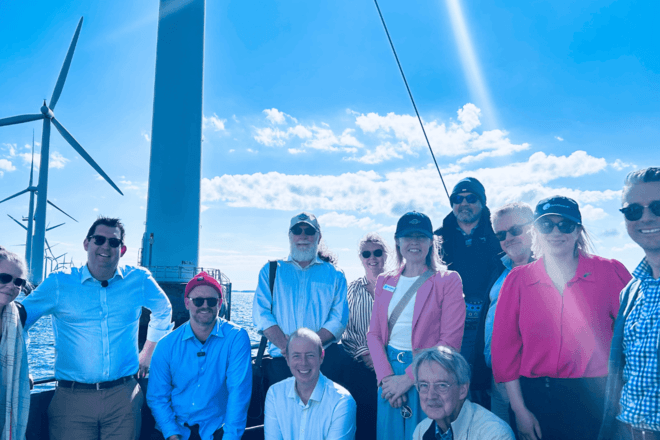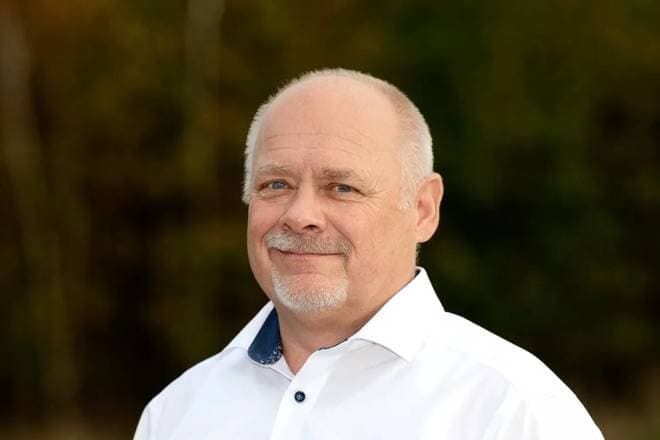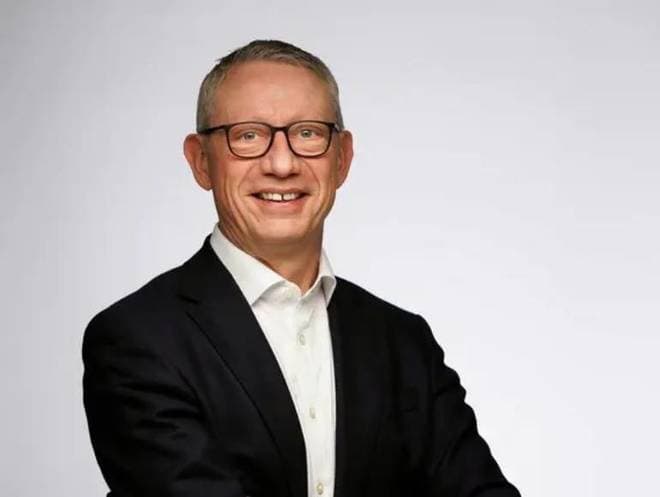
It will be slightly more expensive for both electricity consumers and electricity producers to use the electricity grid. From 2025, Energinet has thus decided to raise the tariffs. The prices are due to increased pressure on the electricity grid, as well as price increases for cables and other technical equipment, which must be used for upgrades to the electricity grid. This is stated by the state-owned company in a press release.
Specifically, Energinet has set electricity consumers' tariffs for 2025 at 13.5 øre/kWh. This is an increase of 1.0 øre/kWh compared to 2024. And in round figures, this corresponds to an increase of DKK 40 per year for an ordinary household.
In addition to paying fixed tariffs per kilowatt-hour used, so that Energinet can operate the overall Danish electricity system and maintain and expand the electricity transmission network, electricity consumers must also pay the annual system subscription, which in 2025 will be regulated to DKK 182 per consumption measurement point.
p>Electricity producers will also experience changed tariffs in 2025. The feed-in tariff, which electricity producers pay to send electricity to the grid, will be the same for all producers in 2025 and will be set at 0.5 øre/kWh. It is uniform because the geographical differentiation is expected to be abolished from next year. In addition, Energinet is raising the electricity producers' balance tariff from 0.24 to 0.65 øre/kWh, so that the electricity producers will therefore be charged 1.15 øre/kWh in 2025.
- Everywhere in the world, the green transition has been accelerated. In many places, there will be very significant expansions of the electricity grid and major changes in the way we secure the supply and balance production and consumption. This means that Energinet's expenses for expanding the Danes' electricity grid and ensuring consumers have power in the sockets will also increase. I am fully aware that the tariff increases have negative consequences in many places, but it is necessary to expand the electricity system, which is the entire foundation of the green transition, otherwise we will not reach the goal, says Marie Budtz Pedersen, area manager at Energinet.
Electricity producers must pay a greater part of the costs
Through decades, electricity consumers have borne the majority of society's costs for running and expanding the Danish electricity transmission network. But the electricity producers must today contribute to a greater extent to the total expenses.
The electricity producers' share of the tariff collections collected by Energinet in 2025 will increase by 3 percentage points - from approx. four percent to seven percent. The remaining 93 per cent will continue to be paid for by electricity consumers.
The producer payment was introduced in 2023, after the Danish Parliament decided that electricity producers must pay a larger part of the total costs for, among other things, expansion and maintenance of the network. In 2025, the connection contribution that new electricity producers, e.g. solar parks or wind turbines must pay to be connected to the electricity transmission network, will also increase significantly, in fact up to 70 per cent.
- The violent acceleration of the green transition pushes up the prices of e.g. cables, wires, transformers and other technical equipment that we need to expand the electricity grid. We are experiencing significant price increases, and this has the consequence that the connection fee and thus the one-off payment that new solar parks and wind turbines must pay, as a contribution to the expansion of the electricity grid, will increase by 60-70 per cent in 2025. These are large increases which unfortunately can have very negative consequences for installers of solar parks and wind turbines, says Marie Budtz Pedersen.
amp
Text, graphics, images, sound, and other content on this website are protected under copyright law. DK Medier reserves all rights to the content, including the right to exploit the content for the purpose of text and data mining, cf. Section 11b of the Copyright Act and Article 4 of the DSM Directive.
Customers with IP agreements/major customer agreements may only share Danish Offshore Industry articles internally for the purpose of handling specific cases. Sharing in connection with specific cases refers to journaling, archiving, or similar uses.
Customers with a personal subscription/login may not share Danish Offshore Industry articles with individuals who do not themselves have a personal subscription to Danish Offshore Industry.
Any deviation from the above requires written consent from DK Medier.
























